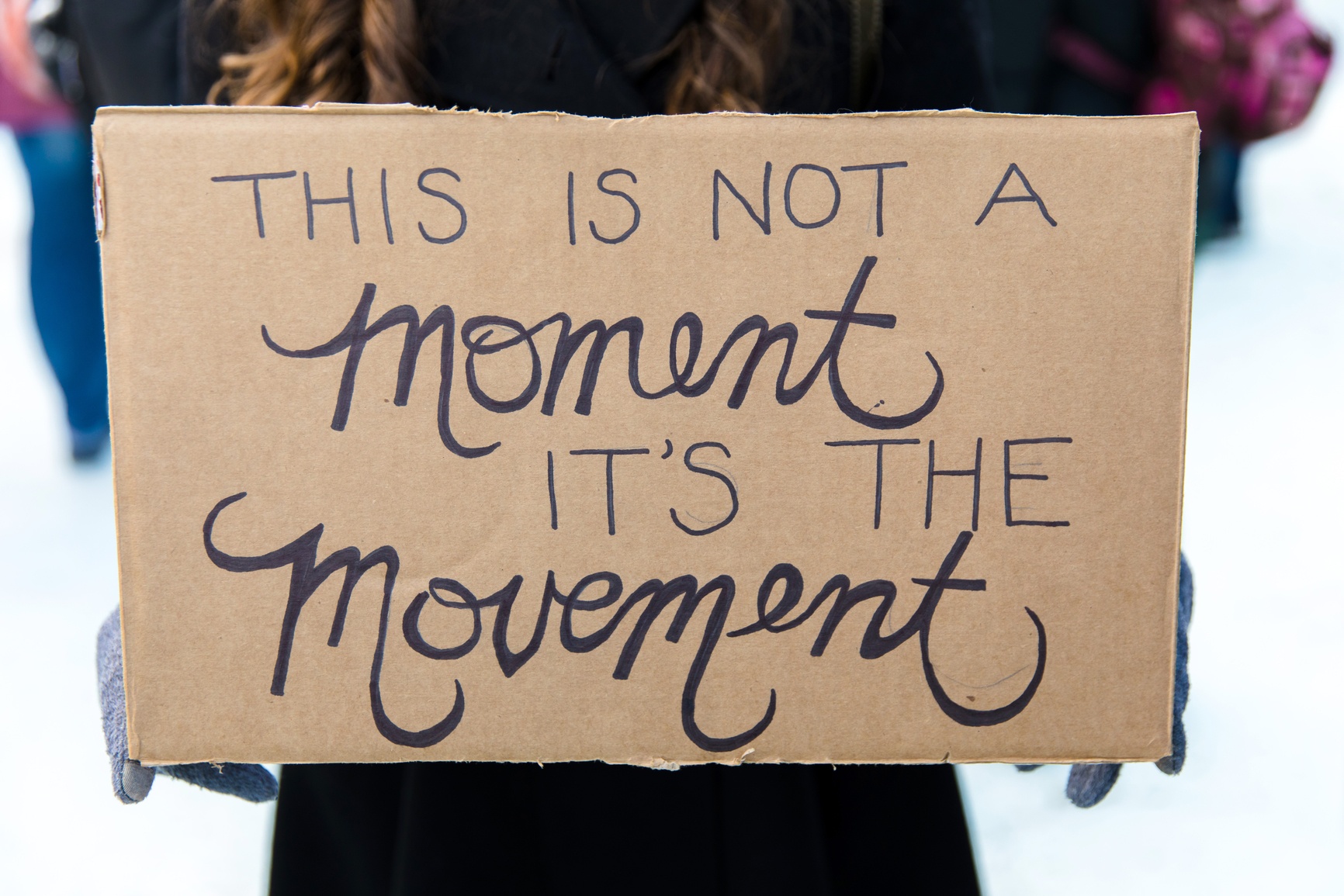See how Maavee makes wellness work.Get Started Now

The connection between purpose and well-being benefits
03.11.22
It would be putting it lightly to say that the pandemic has forced employers into some very uncharted territory. They’ve had to endure an overnight move to remote work, The Great Resignation, The Great Sick Out and The Great Reshuffling.
For years, millennial employees have been vocalizing the desire for their employers to be more purpose driven. Now, they’re demanding it — and they’re willing to job hop until they find mission alignment. In fact:
- 58% say they would take a pay cut to work for a company whose values align with their own.
- 53% say having a job where they can make an impact is important to their happiness.
- 45% say they would take a pay cut for a company that makes an environmental or social impact.
- 35% say they would take a 15% pay cut to work for a company committed to corporate social responsibility.
What employees are describing has traditionally been known as corporate social responsibility (CSR) and while over the last decade there has been a groundswell of these types of programs, still millennials are changing jobs more than any other age group in the workforce, citing things like a lack of company accountability and community involvement. Something isn’t working.
How can companies live up to their employees’ purpose-over-pay expectations?
First of all, meeting millennials where they are is good for business — full stop. Companies that invest in social responsibility (whether it be giving to charity, reducing their carbon footprint or promoting a good work-life relationship) reap the rewards — like an average 13% increase in productivity or a 50% reduction in turnover (to put that in perspective, cutting half of the $1 trillion spent every year on voluntary turnover is a lot).
And while there are certainly some well-intentioned employers who still aren’t hitting the mark with their employees, there are some that are getting it right. For example, Lego has committed to using only environmentally-friendly materials to produce all of their core products and packages by 2030. Salesforce has pledged to dedicate 1% of their employees’ time (3.5 million hours to date) to communities and non-profits. Levi Strauss activated a Worker Well-being program focused on the health and wellness of their supply chain workers.
All of these examples of social responsibility in practice ladder back to exactly what employees are asking for: a commitment to environmental and social impact and a vested interest in the humans that make up their employee populations.
Finding purpose through wellness is the ultimate win
True well-being goes beyond a solo morning meditation routine. It’s about being good to the planet, being good to each other and being good to ourselves. And this trifecta is exactly what employees are asking for. As in the case of Levi Strauss’ model, a focus on well-being can be a powerful tool to satisfy both employees’ own personal wellness needs and their desires for greater purpose, all while having a significant business impact.
Employees who utilize offered wellness benefits show 23% higher levels of mental health, 17% higher levels of physical health and are 23% more likely to sleep well at night. This has impact not only directly with employees, of course, but in their communities and in business; “These improvements in personal outcomes translate to higher levels of performance and retention,” according to Harvard Business Review.
The writing’s on the wall. How can you connect the purpose your employees are seeking to their own well-being?
About Maavee
Maavee is a wellness platform built for humans, offered by employers, and architected with purpose. Rather than offering wellness solutions with broad appeal that miss the mark, Maavee allows employers to truly meet the unique needs of their diverse employees through a stipend spent along each employee’s highly personal wellness journey. Maavee’s rich mobile experience is designed to support one’s lifelong aspiration to be well and to discover the best of wellness along the way. Through a combination of content to inform and inspire, community for connection and support, and a marketplace of hyper-curated wellness products and services from brands doing good in the world, Maavee is where wellness journeys unfold for people, companies, and communities. Join the movement.
Join our mailing list
Get the latest updates, wellness inspiration, and more!
You May Also Like
Maavee is helping employees pursue wellness on their own terms.
Navigated to The connection between purpose and well-being benefits | Maavee



